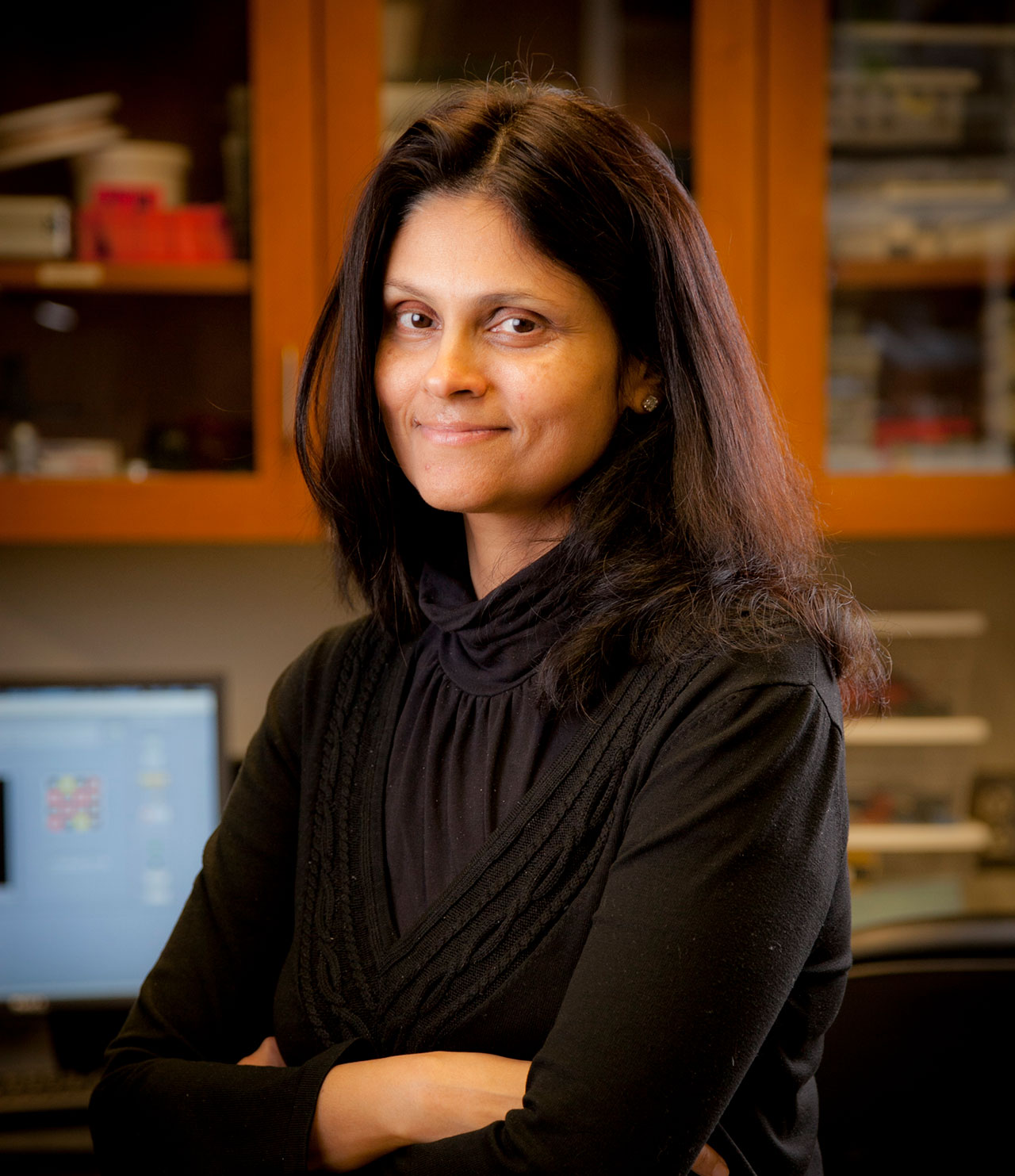Musician, entrepreneur, educator – Nimmi Ramanujam has done it all.
Ramanujam, the Robert W. Carr Professor of Engineering and professor of cancer pharmacology and global health, grew up in Malaysia, where she said in a 2020 interview that her gender limited her prospects.
“I grew up with this whole idea that I didn’t have anything meaningful to say,” she recalls. “People told me I wasn’t very good at academics. At one point she considered a music career. She played the veena, a South Indian instrument resembling the sitar, and often performed on the radio with her mother, a talented musician.
However, her mother insisted she pursue an education. So, at 16, she was sent to the U.S. to study engineering at the University of Texas at Austin.
While there, she was diagnosed with carcinoma in situ in her cervix, a breast lump, and an ovarian cyst, all in quick succession. That was when her studies became personal, and she decided a healthcare career could have greater meaning in her life and the lives of others.
She went on to spend five years as a postdoctoral fellow and then assistant professor at the University of Pennsylvania, five more as an assistant professor at the University of Wisconsin, Madison before landing at Duke in 2005.
In 2013, Ramanujam founded the Center for Global Women’s Health Technologies to make cancer prevention and treatment more accessible for women worldwide.
She and her research team created the Pocket Colposcope, and a sister device the Callascope, lightweight, handheld devices which bring improved cervical cancer screening to settings where these capabilities have not been available. Today, more then 100 devices have been deployed in 11 countries impacting more than 8,000 women.
In 2023, she won the Institute of Electrical and Electronics Engineers Biomedical Engineering Technical Field Award.



